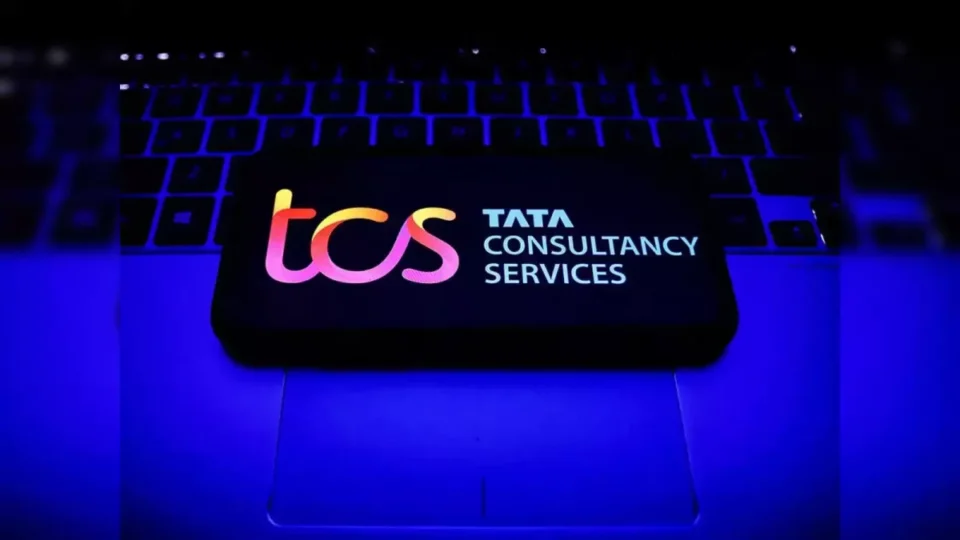India’s largest IT services company, Tata Consultancy Services (TCS), has introduced a sweeping change to its bench management policy—one that’s sending ripples of concern across its employee base. Implemented on June 12, 2025, this new policy enforces a strict 35-day cap on how long an employee can remain on the bench, i.e., without a billable project assignment.
🔍 What Is the “Bench” in IT Terms?
In IT services companies like TCS, the bench refers to employees who are currently not assigned to any client project. These employees typically await new opportunities or undergo training while staying on the company’s payroll.
Until now, many IT firms—including TCS—allowed considerable flexibility for such benched periods. Employees could remain on the bench for several weeks or even months without any major repercussions.
That era seems to be changing.
⚠️ What’s New in the TCS Bench Policy?
Under the revised policy:
- Employees have a maximum of 35 days to find a billable project.
- Failure to do so could lead to performance warnings, forced role shifts, or termination.
- Workers are now expected to accept any project available, regardless of domain expertise or preferred location.
This is a major departure from the earlier approach, where employees often waited for projects matching their skills or location preferences.
📉 Why Are Employees Worried?
The first full 35-day cycle ends this week, and many employees have taken to platforms like LinkedIn and Reddit to express their fears. Here are the main concerns:
- Mismatch of roles: Employees may be pushed into domains they’re unfamiliar with—leading to performance issues or dissatisfaction.
- Forced relocations: Many fear being asked to shift cities without consideration for personal circumstances.
- Lack of project availability: With an ongoing demand crunch in parts of the tech sector, not everyone may find a project within 35 days.
🧠 What Might Be Driving This Change?
Industry experts suggest multiple factors:
- Cost optimization: Keeping employees on the bench for long durations impacts margins.
- Utilization rate pressure: Higher utilization rates improve financial performance, especially important in times of slower growth.
- AI-led restructuring: With growing automation and AI integration, some traditional roles are becoming redundant.
TCS may be streamlining its workforce to stay competitive in this evolving tech landscape.
💬 Employee Voices
“I have 8+ years in data analytics. Suddenly, I’m being told to pick up a testing role in another city. It’s unsettling.” – Anonymous employee (via LinkedIn)
“TCS used to be known for employee stability. This new bench policy feels more like a countdown timer.” – Former employee turned freelancer
📈 What’s Next?
As the first cycle under this policy wraps up, thousands of employees await clarity on their future. TCS has not officially confirmed any layoff numbers, but internal HR reviews are reportedly underway for those who’ve crossed the 35-day threshold.
🛡️ What Can Employees Do?
- Stay proactive: Apply for internal projects aggressively and stay connected with resource managers.
- Upskill rapidly: Platforms like Coursera, LinkedIn Learning, and edX can help bridge skill gaps quickly.
- Network internally: Connect with peers and managers across verticals.
- Document communications: Maintain written records of project applications and HR responses.
🧭 Final Thoughts
TCS’s new bench policy marks a shift towards a leaner, more output-driven culture. While this may improve company performance on paper, it risks eroding employee morale and long-term loyalty.
With the Indian IT sector navigating slower growth and global uncertainty, employees may need to prepare for a more aggressive, performance-centric environment—one where flexibility is key and bench time is a luxury of the past.

